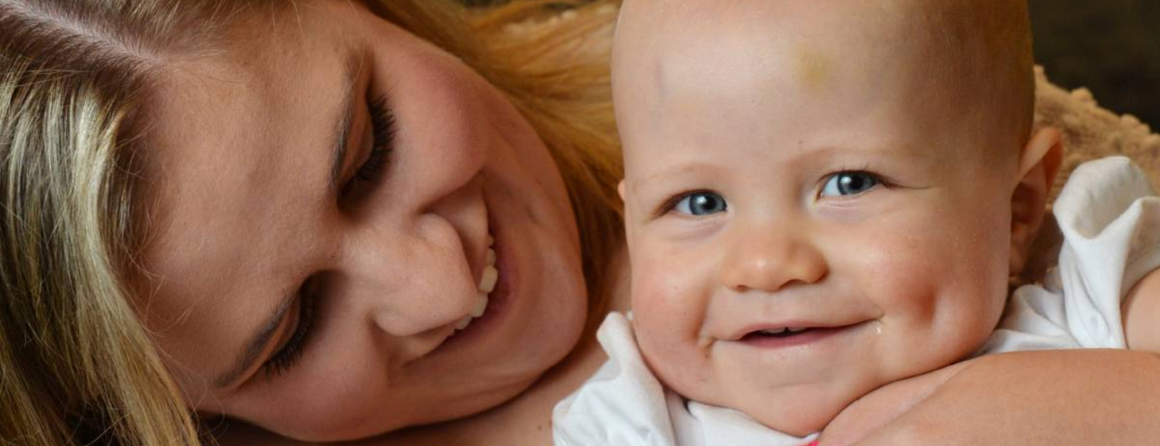New test to monitor the success of bone marrow transplants

The Organ Health BMT test has been developed by researchers from the Murdoch Children's Research Institute, and has just been published in the journal Experimental Haematology. Using the blood test, doctors will be able to measure whether the bone marrow transplant has successfully engrafted and identify rejection or recurrence of disease earlier than current approaches.
The test has been in use at Melbourne's Royal Children's Hospital (RCH) since the beginning of 2016. Lead scientist, Associate Professor Howard Slater, said that the test has been well-received by RCH doctors:
"Using current tests, it can be challenging to monitor the success of bone marrow transplants. This is because existing tests don't work for all transplant recipients, are relatively expensive and time consuming to perform. Additionally, newer technologies now permit more sensitive and precise measurements – our test leverages these."
RCH Clinician and Murdoch Children's Researcher, Associate Professor Rachel Conyers said, "From a clinical perspective this new technique gives us an extremely quick and sensitive way of monitoring the success of the transplant. It gives the clinician the opportunity to act early if post-transplant alterations to the graft are necessary. This can, and will, impact upon patient survival."
Two-year-old Brydee from Bendigo received the Organ Health BMT test which resulted in a very positive outcome.
Brydee was diagnosed with Juvenile Myelomonocytic Leukaemia at six months old. The best treatment for this condition included a bone marrow transplant. The transplant was monitored using the Organ Health BMT test, which detected a slight drop in her chimerism (the proportion of Brydee's blood cells that are produced by the transplant). In response to the test, her specialists advised that she cease her immunosuppression medications early to try and improve this. Further Organ Health BMT testing showed improvement to a fantastic 100 percent chimerism, indicating that the transplant had recovered completely.
Brydee's mum Skye said, "We will be forever in debt to everyone who has worked hard to help our little girl. Without ongoing tests and research, Brydee, among many others, wouldn't be here today. This new test is a godsend and we are and will forever be grateful."
Brydee is now doing really well and her immune system is getting back to normal.
According to the Australasian Bone Marrow Transplant Recipient Registry (ABMTRR), over 2000 such procedures are performed in Australia and New Zealand every year. "The Organ Health BMT test gives doctors more accurate and timely information to make important treatment decisions," said Associate Professor Slater.
The Organ Health BMT test uses genetic technology to analyse markers called copy number variations (CNVs) in the DNA of transplant recipients and their donor(s). Scientists identify CNVs that are unique to the transplant donor and absent in the recipient, or vice versa, and use these to monitor the function of the bone marrow transplant.
Transplants are used to replace diseased or cancerous bone marrow with healthy bone marrow to treat a range of diseases including leukemia, lymphoma and immune deficiency disorders.
"Bone marrow transplants are often the treatment of last resort and come at a critical time in a person's fight against disease," said Associate Professor Slater. "Coupling this with the fact that transplants are a costly procedure, it is imperative we know how well they are working so that health outcomes can be maximised."
Murdoch Children's is currently seeking partnerships for further clinical implementation of Organ Health BMT.



